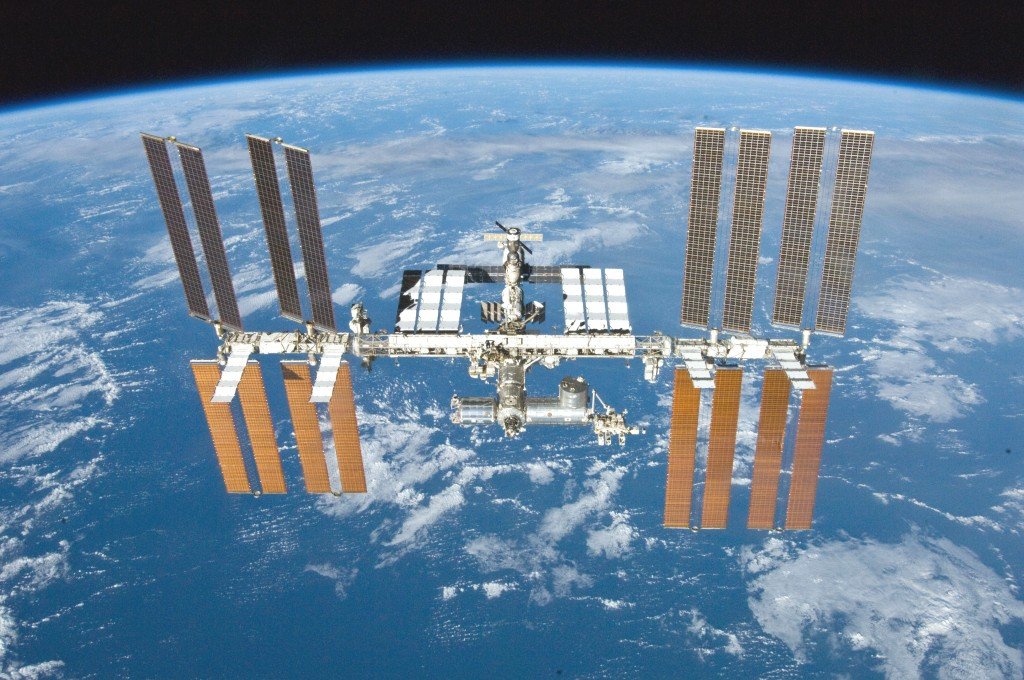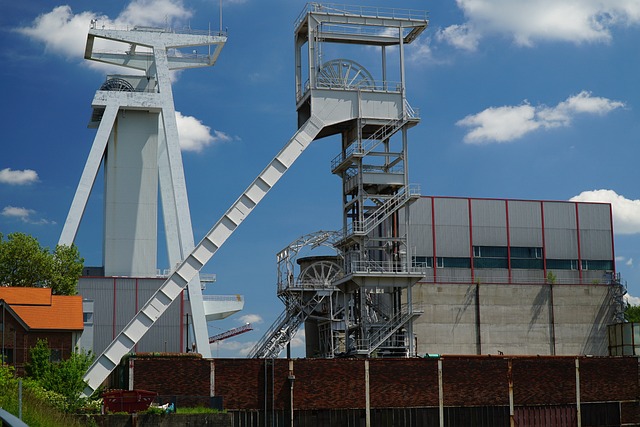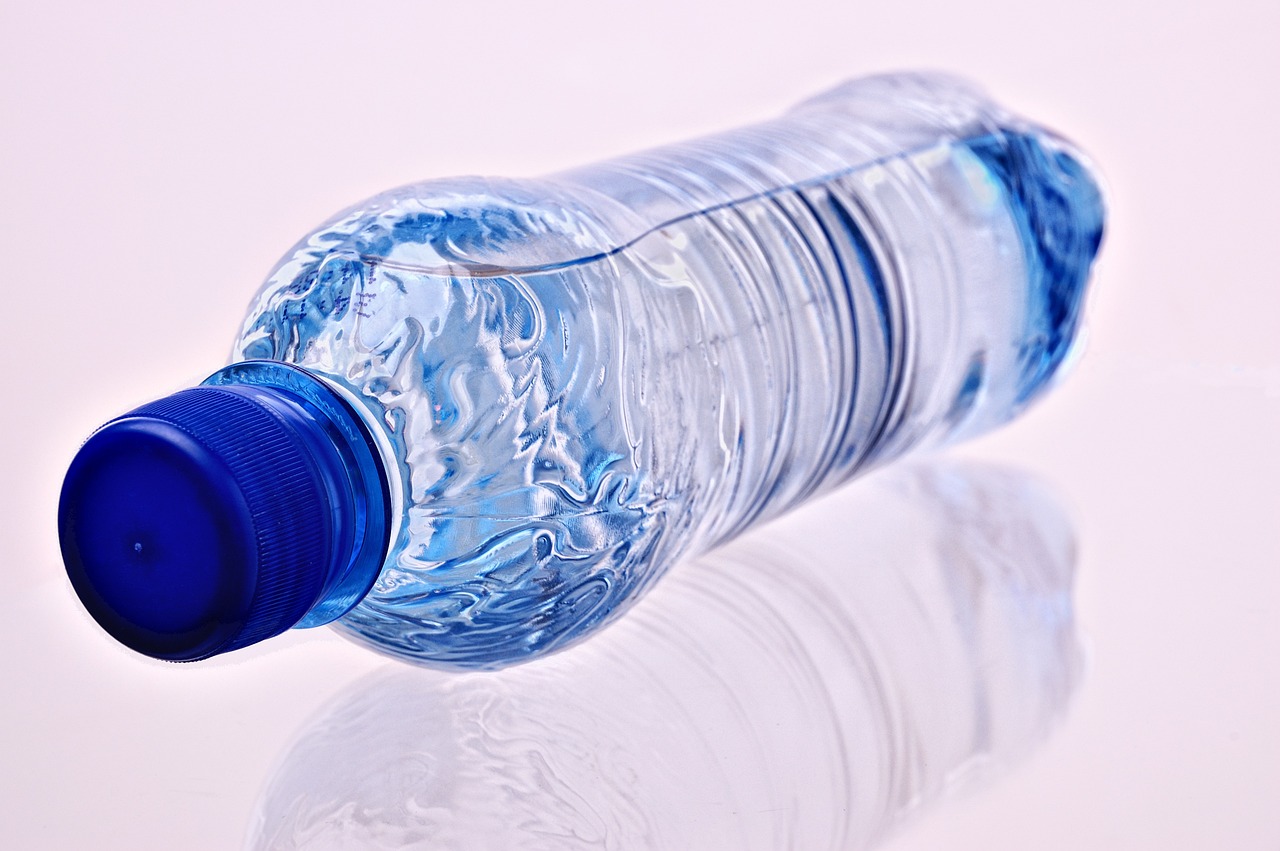NASA researchers have discovered four strains of bacteria at the International Space Station (ISS). Researchers foresee that this discovery could help them in growing plants on Mars. As a result, these bacterial strains will help astronauts survive on Mars and other deep-space missions.
Out of these four strains, one strain was identified as Methylorubrum rhodesianum. However, three of them were new and were unknown to science until now.
These three rod-shaped, motile bacteria were given the designations IF7SW-B2T, IIF1SW-B5, and IIF4SW-B5. But researchers after genetic analysis found that these have a close relation to Methylobacterium indicum.
Methylobacterium species are involved in promoting plant growth, nitrogen fixation, phosphate solubilization, abiotic stress tolerance, and may repel plant pathogens. As a result, scientists are hopeful that this discovery will be helpful to the growth of plants in space.
Biotechnologically useful genetic determinants
Dr. Kasthuri Venkateswaran (Venkat) and Dr. Nitin Kumar Singh, researchers of NASA’s Jet Propulsion Laboratory, (JPL) worked on this study. They say that the new strains might possess ” biotechnologically useful genetic determinants” for the growing of crops in space.
This is no doubt a game-changer discovery, but much more research is required. Researchers said, “To grow plants in extreme places where resources are minimal, isolation of novel microbes that help to promote plant growth under stressful conditions is essential,”
Researchers explained, “Since our group possess[es] expertise in cultivating microorganisms from extreme niches, we have been tasked by the NASA Space Biology Program to survey the ISS for the presence and persistence of microorganisms,” “Needless to say, the ISS is a cleanly-maintained extreme environment.”
They added, “Crew safety is the number 1 priority and hence understanding human/plant pathogens are important, but beneficial microbes like this novel Mehylobacterium ajmalii are also needed,”







